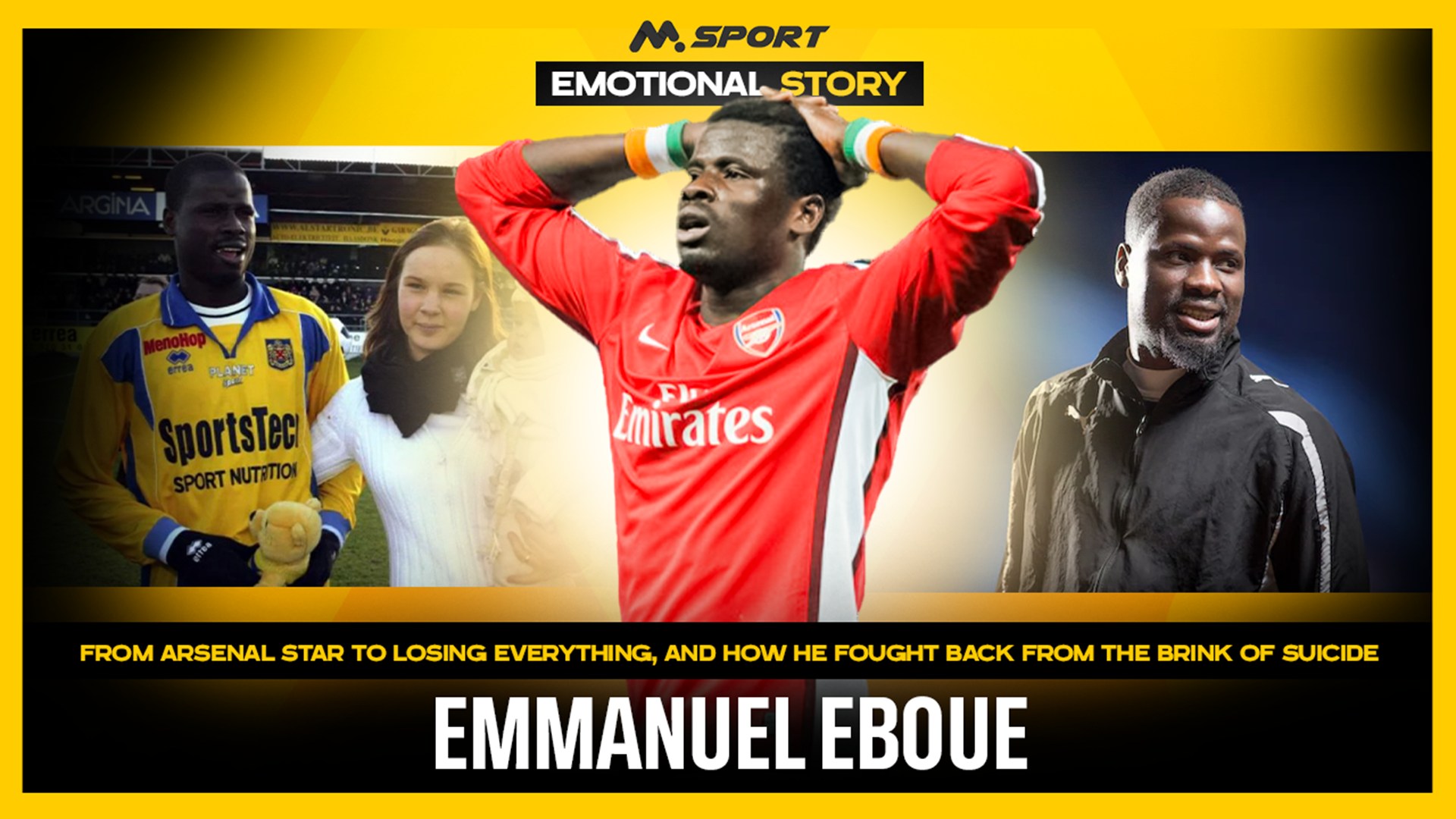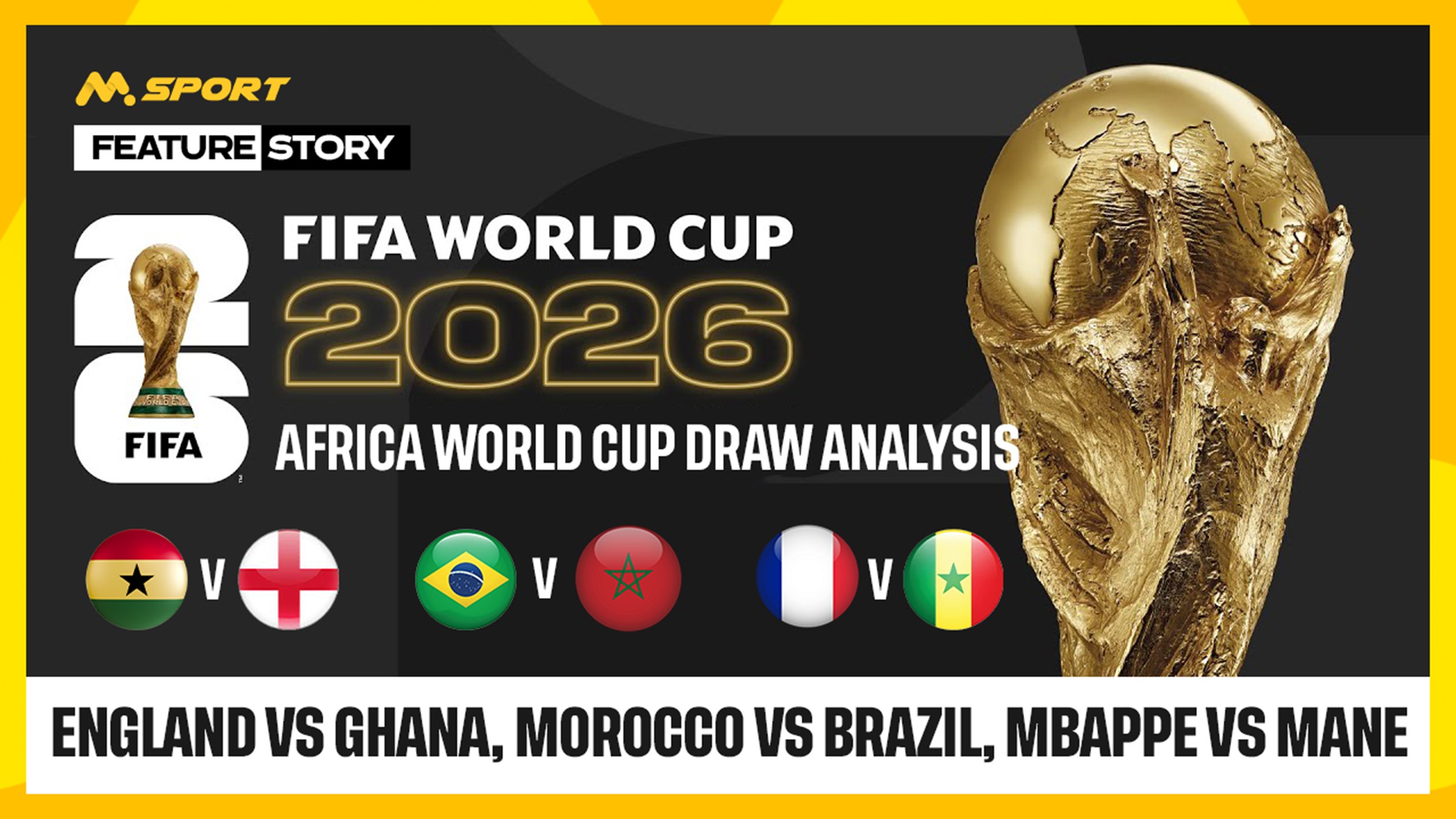On a cold night in West Yorkshire in 2004, Socrates Brasileiro Sampaio de Souza Vieira de Oliveira leaned over his pint glass and sighed. The legendary Brazilian midfielder, once the heartbeat of the most beautiful team never to win a World Cup, admitted something startling: he had never watched back the match that defined his life.
“I just don’t need to go through that game again,” he said quietly. More than twenty years had passed since that hot afternoon in Barcelona, yet the wound was fresh. For Socrates and for Brazil, the 3-2 defeat to Italy in the 1982 World Cup was not just a loss. It was a death.“Football as we know it died on that day.”
🌟🇧🇷 The Dream Before the Fall
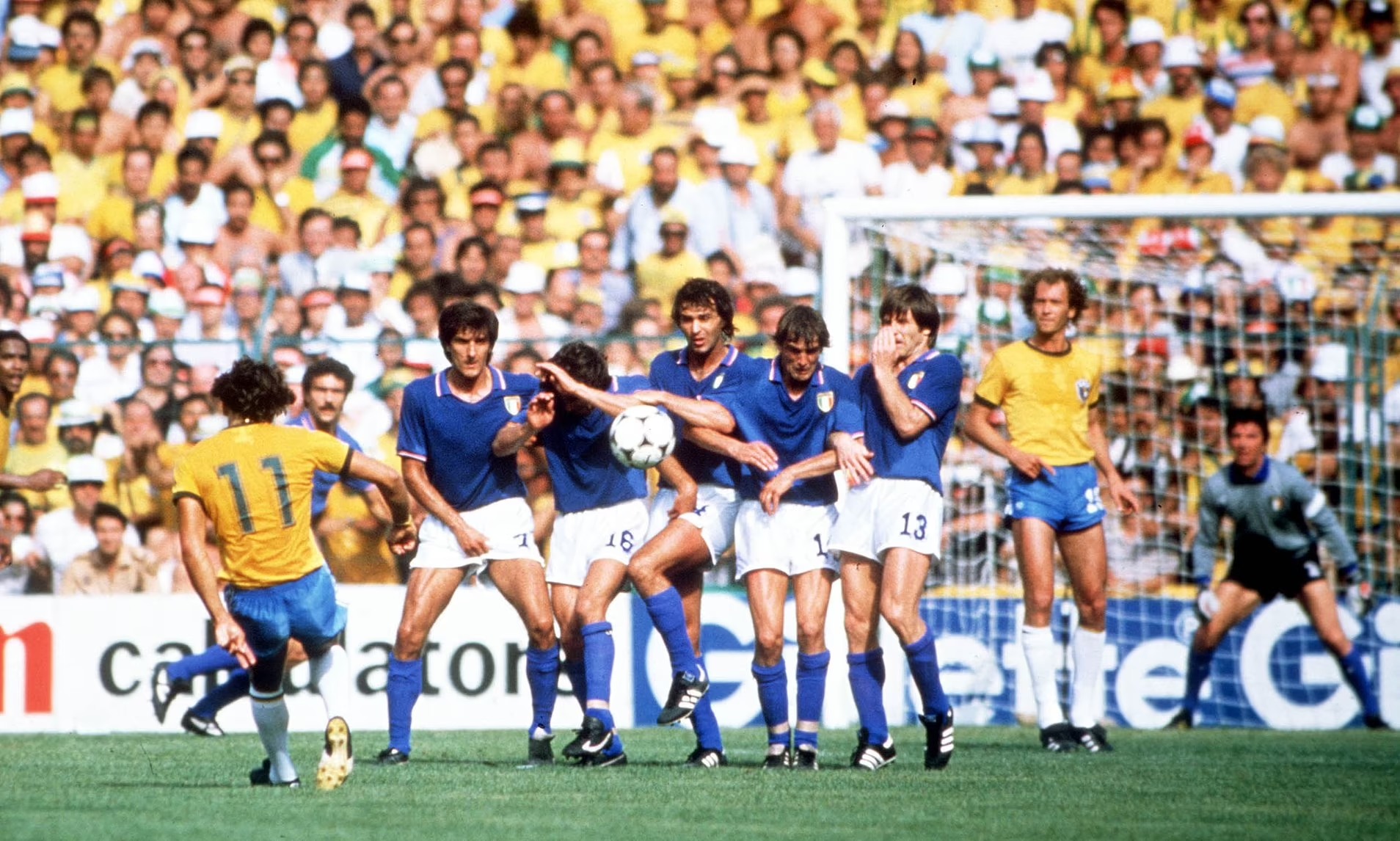
The country was still under military rule, its people weighed down by politics and economic struggle, but Tele Santana’s team promised escape. Santana himself was a symbol, a winger-turned-coach who had built his career on fair play, never once sent off in over a decade. His philosophy was simple: Brazil should win by being Brazil. Beauty over pragmatism, art over calculation.
And his players embodied it. Socrates, tall and elegant, a doctor and political activist off the pitch, orchestrated midfield with a poet’s calm. Beside him was Zico, the Flamengo playmaker, a genius who seemed to see the game in slow motion. Falcao of Roma, Toninho Cerezo, Junior, Eder, all part of a carousel of movement and invention.
“We wanted to enjoy what we were doing,” Zico said years later. “We felt that something really special was going on.”
They toured Europe in 1981 and dismantled England, France and Germany in quick succession. In Brazil, flags lined the streets. Supermarket trips might mean bumping into Socrates or Zico. This team wasn’t just admired. It was loved.
⚔️🇮🇹 Two Worlds Collide
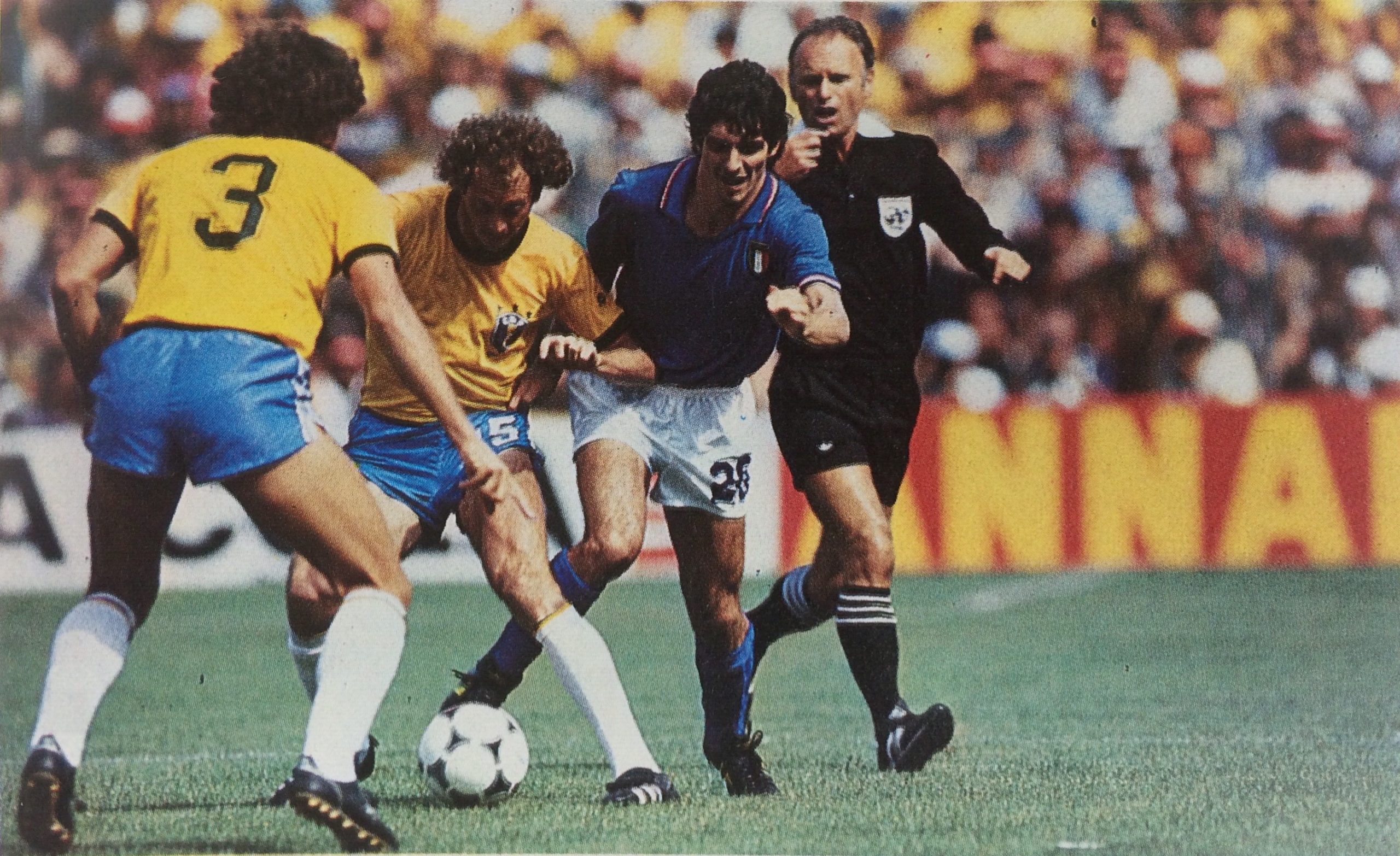
Their group stage in Spain only deepened the myth. They brushed aside Scotland and New Zealand, opened with drama against the Soviet Union, and swept into the second phase with the swagger of 1970 reborn.
Waiting for them in Group C: Argentina, defending champions, and Italy, a side that had stumbled out of the first round without a win. Italy had been battered by scandal, striker Paolo Rossi returning from a match-fixing ban just weeks before the tournament. They were angry, disciplined, and written off.
But football is cruel.Italy beat Argentina, Brazil followed with a blistering 3-1 win over their South American rivals, and suddenly the showdown was set: joy versus cynicism, flair versus "Catenaccio", Santana’s dreamers versus Bearzot’s warriors.
🏟️🔥 The Sarria Tragedy
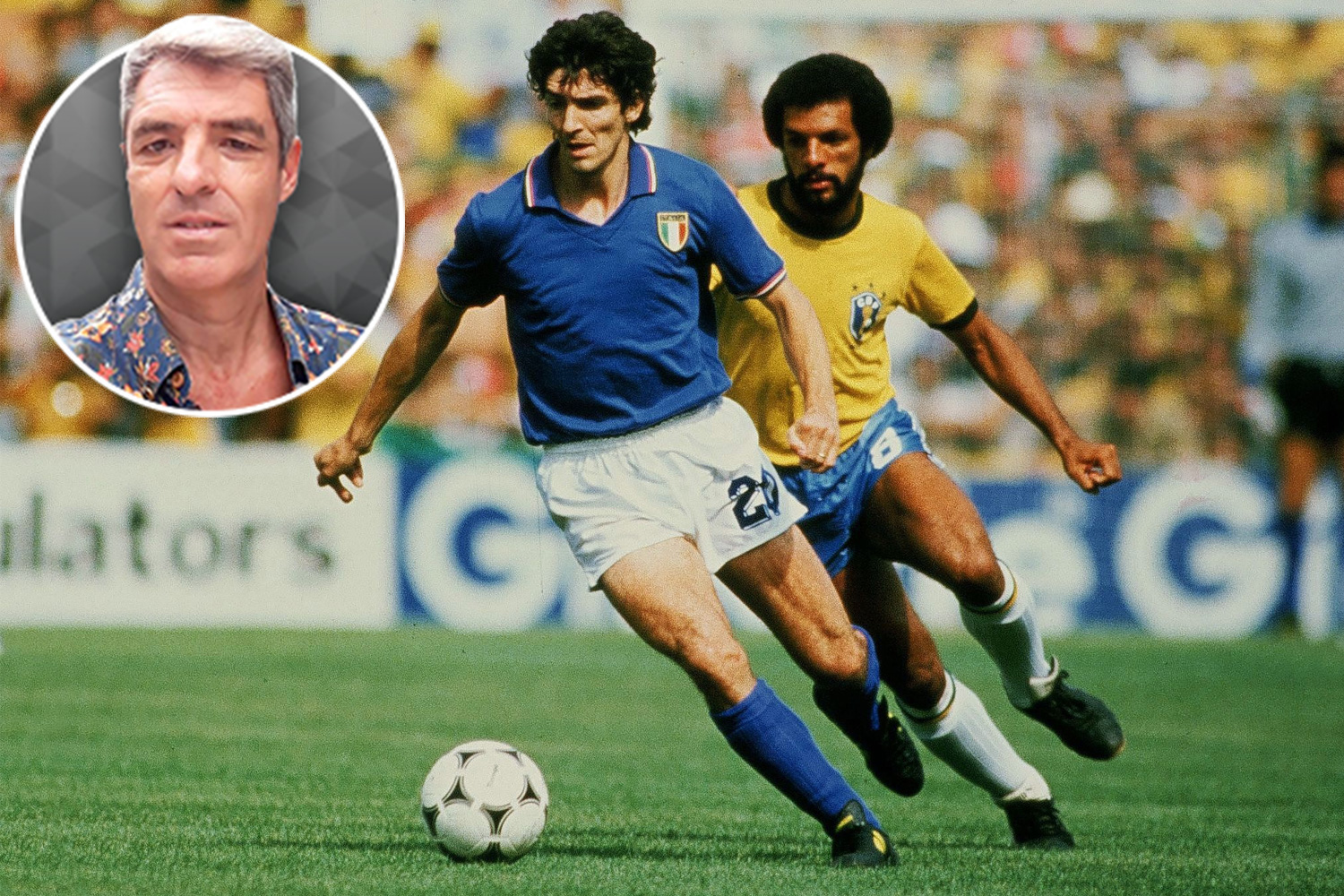
Brazil answered with Socrates, striding through and finishing with cold authority. But a loose ball at the back handed Rossi his second. Again, Brazil trailed.
At 2-2, Falcao’s thunderous strike brought uproar. His scream of celebration, almost choking on his gum, captured the desperation of a team refusing to die. A draw would have been enough for Brazil to advance.
But fate had other plans. From an Italian corner, the ball fell to Rossi once more. He did not miss. GOAallllll!. Hat-trick. History.
When the referee blew for full-time, Brazil’s dream lay in ruins. Rossi had needed only three touches to silence a generation.
🕊️📖 Aftermath and Legacy
In Brazil, silence. Fans spoke of a crime against football. The “Sarria Tragedy,” as it came to be known, was more than a defeat. It marked a shift. In the years that followed, Brazilian football grew more pragmatic, more physical. When they finally lifted the World Cup again in 1994, against Italy no less, they did so with penalties, not "beautiful football".
Zico, reflecting years later, put it gently: “There is nothing wrong in losing with dignity. The Selecao was going home, but we had stood by our convictions until the end.”
Falcao called it bittersweet. “That team lost that game but won a place in history. I am grateful to have been part of one of the greatest World Cup matches.”
But Socrates could never let it go.
🍺🕰️ The Final Word
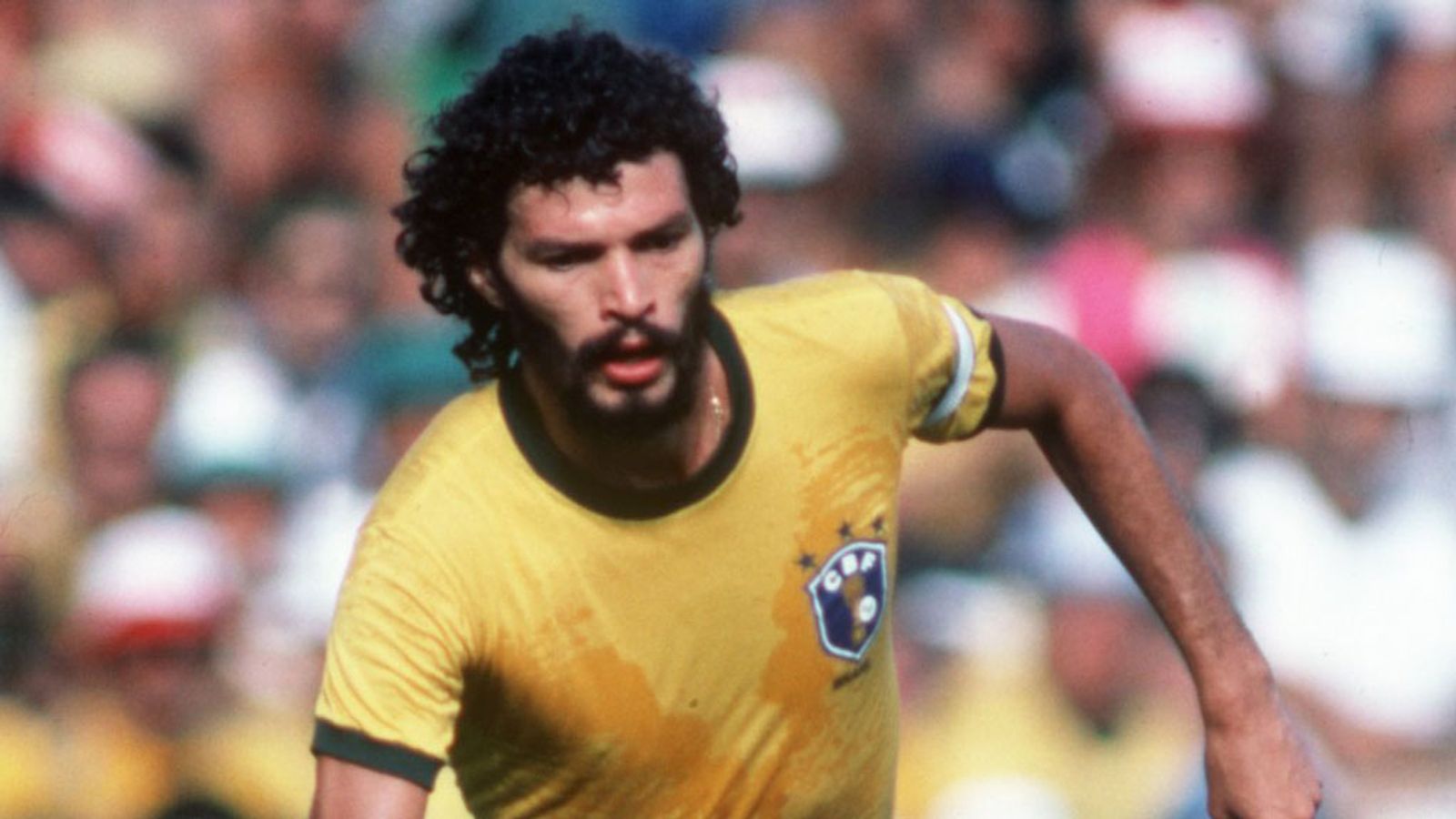
“We had a hell of a team and played with happiness,” he said. His voice was soft, his eyes heavy.
“Then Rossi had three touches and scored a hat-trick. Football as we know it died on that day.”

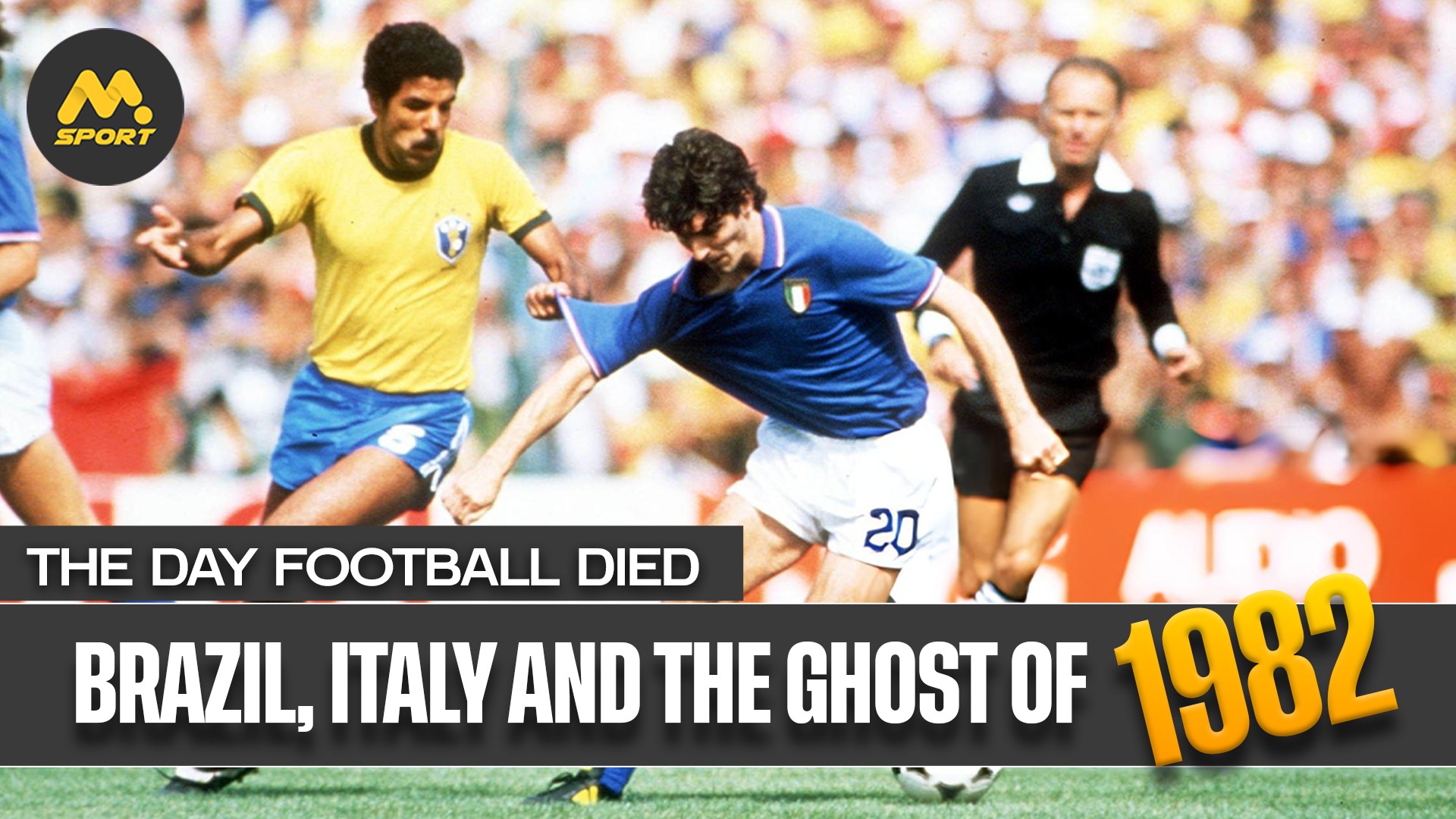

![Loved by Their Own, Hated Everywhere Else: Football's Top 10 Villains [Ranked]](/images/2021/Msport%20FS%20Villains.jpg)

